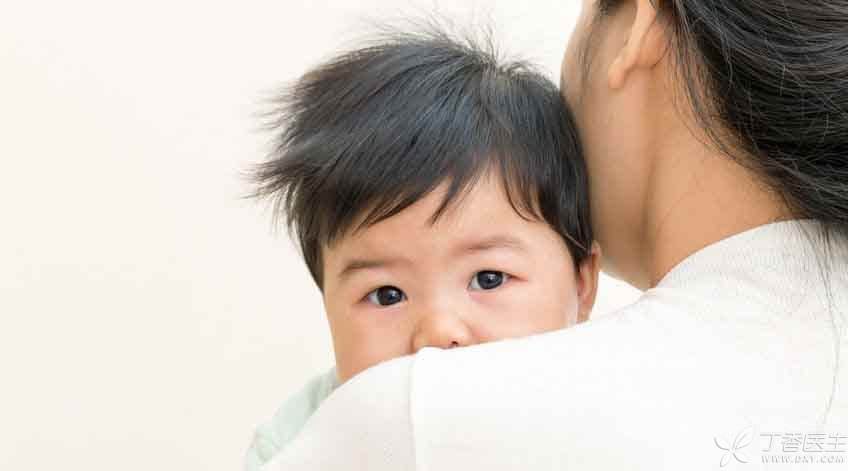
The elderly and children need additional protection
The resistance of the elderly and children is relatively poor. Facing influenza, they need additional protection-vaccination against influenza.
Influenza vaccine is an inactivated vaccine, that is, a killed virus. Injecting it into the human body will not infect the human body, but also can promote the human body to produce antibodies and resist the invasion of the virus.
Normally, the number of cells in the blood that produce protective antibodies reaches a peak on the 7th day after the flu vaccine is injected, and the vaccine begins to protect the human body. After that, when the human body comes into contact with the flu virus, it will not be infected.
Does influenza vaccine need to be vaccinated every year?
Yes.
Because influenza viruses are especially easy to mutate, the strains contained in the vaccine will vary from epidemic strain to epidemic strain every year, and because the protective antibody of influenza vaccine will decrease with the continuation of time, it is necessary to vaccinate the influenza vaccine of the current year every year.
Only by inoculating influenza vaccine every year can the best immune effect be achieved, good immune protection be produced, infection of strains with similar antigenicity to vaccine strains be resisted, and [successful recruitment] or symptoms of onset be avoided.
Optimum vaccination time for influenza vaccine
One to two months before the influenza epidemic is the best time to vaccinate against influenza.
In our country, the influenza epidemic is mainly concentrated from November of each year to March of the following year, so the vaccination time is arranged from September to November.
In the area south of the Yangtze River, because the weather is cold and late, the vaccination time is usually concentrated from October to December.
Precautions after Influenza Vaccination
- Please observe at the vaccination site for at least 30 minutes after vaccination. The inoculation site should be kept dry and clean within 24 hours. After inoculation, if the inoculation site is red, with pain, soreness, low fever, etc., it is normal and will disappear naturally after 24 hours. If there is persistent fever or other serious adverse reactions, you should seek medical treatment nearby and report to the vaccination unit.
